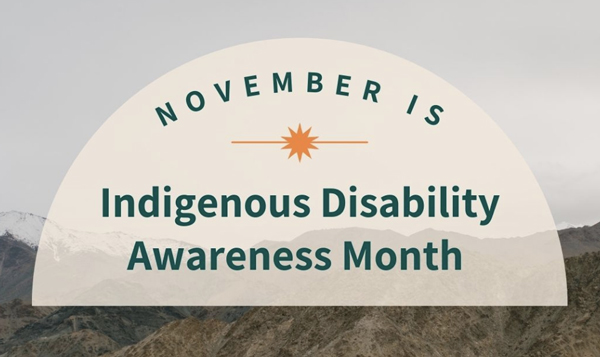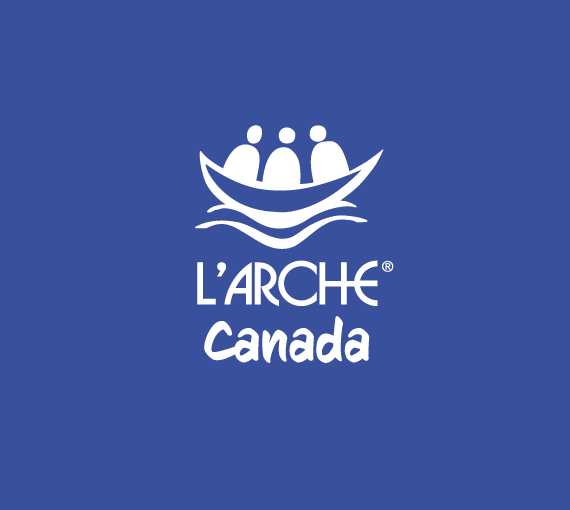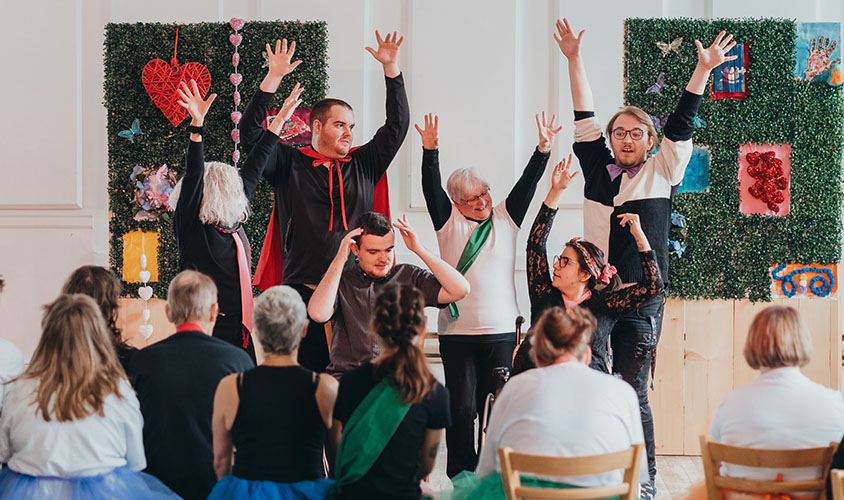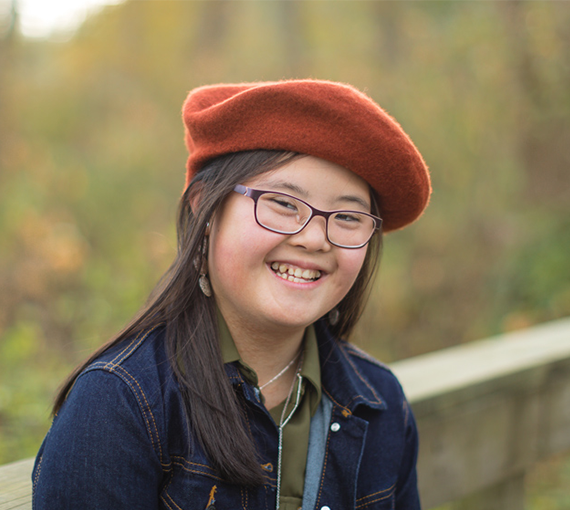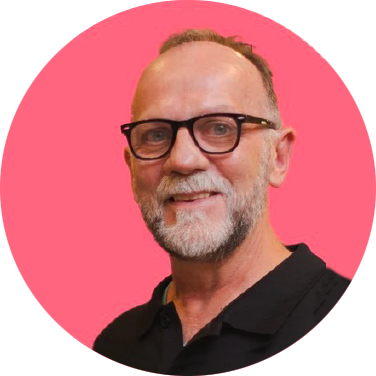A conference on inclusion organized by L’Arche Agapè was an occasion to deepen understanding and recognize that “change will be achieved by breaking down barriers and creating awareness among people”.

 In one clip, his friend Jean Dansereau, says, “I met Gil at a dinner in his home. And it’s interesting because professionally, I was accompanying one of the members of that household… who had a little more difficulty with his daily routines and managing his emotions. What struck me was the tenderness Gil could have towards others. The tenderness he could have towards me too, when he didn’t know me well. But there was such a welcome, such a way of welcoming the other…”
In one clip, his friend Jean Dansereau, says, “I met Gil at a dinner in his home. And it’s interesting because professionally, I was accompanying one of the members of that household… who had a little more difficulty with his daily routines and managing his emotions. What struck me was the tenderness Gil could have towards others. The tenderness he could have towards me too, when he didn’t know me well. But there was such a welcome, such a way of welcoming the other…”
Talking about Inclusion
The other speakers explored different facets of inclusion while reflecting on the construction of inclusive environments. It was an enriching conference thanks to a diversity of viewpoints and the relevant experience of the speakers, Yves Séguin, Executive Director of the Centre d’intervention et de prévention en toxicomanie de l’Outaouais (CIPTO) and Jean Dansereau of L’Arche Canada.

Left to right: Nancy Lamothe, Jean Dansereau, Manu Allard and Yves Séguin.
Many were surprised by the choice of the two speakers. They were indeed very different and do not necessarily share the same vision of inclusion. Yves Séguin, who works with people with addiction problems, said he was very surprised to take the stage at a conference for International Down Syndrome Day. “When I received this invitation, I wondered what I was going to do there…” To everyone’s surprise, his point of view complemented Jean Dansereau’s interventions very well.
Yves, who spoke first, talked about the process of exclusion and marginalization that results from our prejudices and our fear of difference. He stressed the responsibility of public authorities to establish a more open and conducive regulatory framework for the participation of minority groups. He gave as an example policies advocating inclusive neighbourhood development with a variety of housing, rather than the current trend of uniform neighbourhood housing development that facilitates segregation.
Jean placed more emphasis on the importance of a society to value people’s contribution at the margins as a driver of change. He spoke of the universal need for everyone to feel part of and be recognized. He stressed the importance not only of helping vulnerable people to express themselves and thrive, but also of creating real opportunities for them to contribute to the society in which they live. He invited the audience to break the mechanisms of social isolation in their daily lives, with simple gestures that could begin by getting to know our neighbours. He said that a truly inclusive society requires change for everyone by realizing the richness of diversity.
Both spoke of the importance of listening, of creating meeting places; Yves insisting more on the need for accompaniment and support, Jean on the relationship of mutuality and on the knowledge of the other.
We have the right to dream and believe that inclusion is possible. However, change must come from those who have the power to make it happen, and these people must be involved in discussions and decision-making processes. Until such time as our cities are full of inclusive neighbourhoods, it is important to encounter the people you want to welcome.
Inclusion begins in belonging
During this conference it was possible to meet the members of L’Arche Agapè. They all had something to contribute, whether it was a hug, a story, a compliment or a smile. L’Arche invites us to transformation through mutual relationships with people with intellectual disabilities. It invites us to go further in seeking to live in unity rather than uniformity.
In Mon Ami Gil, Nancy Lamothe, the L’Arche Agapè community leader says, “For me, L’Arche is really about mutuality. It is the relationship, as I would put it, the relationship between people of all abilities, all types, those who have a disability, those who don’t have a disability… Where we’re really going to try to be on the same level. Where we will share together our gifts, our challenges, then we will accompany each other…”
And Hollee Card who was the national leader of L’Arche Canada states, “… in reality, the way we do things [in L’Arche] is not to do things ‘for’ a person with a disability, but to do things ‘with’ that person. And by doing ‘with,’ you develop a relationship. And this relationship not only transforms the person with a developmental disability, but also transforms every person with whom that person is connected.”
Change will be achieved by breaking down barriers and creating awareness among people. This is what L’Arche Agapè is achieving. Jean Dansereau put it this way: “An inclusive society will exist when everyone has a place in it and everyone can make their contribution.”
Thalie Beaumont studies social communications at Saint Paul University in Ottawa. A graduate in arts, literature and communications (media option) from Cégep de l’Outaouais, she is passionate about writing. Dynamic, Thalie is always open to get involved in new projects.

 By Thalie Beaumont with Jean Dansereau
By Thalie Beaumont with Jean Dansereau

